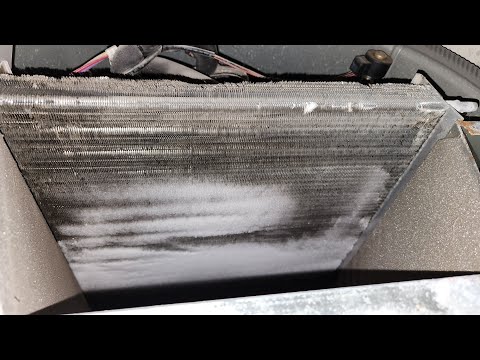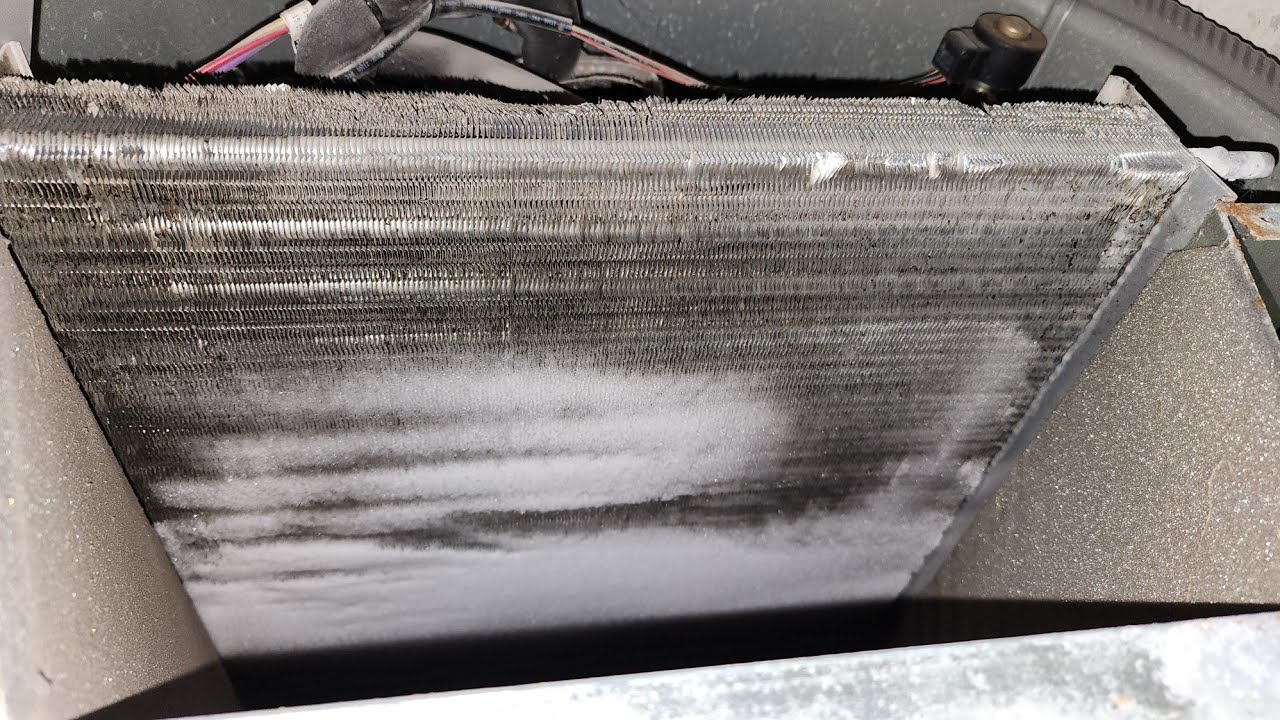Discover the Surprising Drawbacks of Heat Pump Water Heaters That Could Impact Your Energy Efficiency Goals Thinking about switching to a heat pump water heater? While this innovative technology offers numerous advantages, it’s crucial to be aware of the potential downsides before making a decision. Unveiling the lesser-known disadvantages can help you make an informed choice for your home’s energy needs. First, efficiency is a key factor to consider. Although heat pump water heaters are highly energy-efficient, their performance can be affected in colder climates. As the temperature drops, the unit might struggle to extract heat from the air, leading to reduced efficiency and potentially higher energy bills. Understanding this limitation will help you gauge whether a heat pump water heater is the right fit for your specific environment. Secondly, installation and space requirements can pose challenges. Heat pump water heaters tend to be larger in size compared to traditional counterparts, demanding ample space for installation. If you have limited space available, accommodating this larger appliance might be a hindrance. Additionally, the installation process can be more complex and costly, involving additional electrical work and potentially requiring modifications to your home’s infrastructure. Lastly, upfront costs can be a deterrent for some households. While heat pump water heaters can provide long-term energy savings, their initial purchase and installation costs can be higher than traditional water heaters. It’s crucial to weigh the potential energy savings against the upfront investment to determine the most cost-effective solution for your budget and needs. By understanding these potential disadvantages, you can make a well-informed decision regarding the suitability of a heat pump water heater for your home. Consider consulting with a professional to assess your specific circumstances and explore alternative options that align with your energy efficiency goals.

Disadvantages of a Heat Pump Water Heater
| Disadvantage | Description |
|---|---|
| Higher upfront cost | Heat pump water heaters tend to have a higher initial cost compared to traditional electric or gas water heaters. This is mainly due to the advanced technology and components required for efficient heat transfer and heating. |
| Space requirements | Heat pump water heaters are typically larger in size compared to conventional water heaters. They require enough space to accommodate the unit’s dimensions and to provide proper airflow for efficient operation. This can be a limitation, especially in small utility rooms or spaces with limited ventilation. |
| Installation complexity | The installation of a heat pump water heater can be more complex and time-consuming compared to traditional water heaters. These units typically require specialized expertise and knowledge for proper installation and setup, which may result in additional costs for professional installation. |
| Cold climate limitations | Heat pump water heaters are less efficient in colder climates where ambient temperatures drop significantly. In such conditions, the heat pump may struggle to extract heat from the surrounding air, leading to reduced efficiency and potentially higher energy consumption. |
| Noisy operation | Heat pump water heaters can produce some noise during operation, especially when the compressor or fan is running. While manufacturers strive to minimize noise levels, this can still be a concern for individuals sensitive to sound or those who have the unit installed in close proximity to living spaces. |
“The Catch-22 of Heat Pump Water Heaters: Stellar Performance Until the Unexpected Strikes”
The Disadvantages of a Heat Pump Water Heater
Heat pump water heaters have gained popularity in recent years as an efficient and cost-effective alternative to traditional water heaters. However, like any other appliance, they come with their fair share of disadvantages. In this article, we will explore some of the drawbacks of using a heat pump water heater.
1. High Initial Cost
One major disadvantage of heat pump water heaters is their high initial cost. Compared to conventional electric or gas water heaters, heat pump models can be significantly more expensive to purchase and install. This can be a deterrent for homeowners looking to upgrade their water heating system on a tight budget.
Additionally, if the existing plumbing and electrical infrastructure in your home is not compatible with a heat pump water heater, it may require additional modifications, further increasing the installation cost.
2. Space Requirements
Another drawback of heat pump water heaters is the space they require. Unlike traditional water heaters that can be installed in compact spaces, heat pump models need ample room for proper installation and ventilation.
The heat pump unit itself is generally larger than a conventional water heater, and it also requires clearance around it to ensure proper airflow. This means that if you have limited space in your utility room or basement, a heat pump water heater may not be a feasible option.
3. Noise Level
Noise can be an issue with heat pump water heaters. These units generate noise during operation, which can be bothersome, especially if the water heater is installed in a living area or close to bedrooms.
The noise is primarily caused by the fans and compressor used to transfer heat from the surrounding air into the water. While manufacturers have made efforts to reduce the noise level, it is still something to consider before investing in a heat pump water heater.
4. Climate Dependence
Heat pump water heaters are highly dependent on the climate in which they are installed. They work by extracting heat from the surrounding air and transferring it to the water. This means that the efficiency of a heat pump water heater can vary depending on the temperature of the air.
In colder climates, where the air temperature drops significantly, the heat pump may struggle to extract enough heat, resulting in reduced efficiency and potentially higher energy consumption. Therefore, if you live in an area with extreme winters, a heat pump water heater may not be the most suitable option.
5. Maintenance and Repairs
Finally, maintenance and repair can be more complex and costly for heat pump water heaters compared to traditional models. The components used in heat pump units, such as the compressor and refrigerant, can be more expensive to replace or repair.
Additionally, heat pump water heaters require regular maintenance to ensure optimal performance. This includes cleaning the air filters, checking the refrigerant levels, and inspecting the electrical connections. Neglecting these maintenance tasks can lead to decreased efficiency and potentially expensive repairs.
In conclusion, heat pump water heaters offer many benefits, such as energy efficiency and cost savings. However, it is important to weigh these advantages against the disadvantages discussed above. Consider your budget, space limitations, noise tolerance, climate, and maintenance requirements before making a decision on whether a heat pump water heater is the right choice for your home.

